Exploring the food customs of international destinations can often appear intimidating. I’ve experienced first-hand the difficulty of enjoying Italian meals or savouring dim sum without causing offence.
After investing time in researching dining guides and the extensive background of Chinese cuisine, I’ve discovered some beneficial knowledge. This article intends to guide you through the detailed cultural etiquette for those who have a love for food.
Get ready for a revealing adventure!
Key Takeaways
- In Italy, don’t mix seafood and cheese. It’s seen as bad taste.
- Use a fork to push food onto a spoon in Thailand, not for direct eating.
- Eat with your right hand in the Middle East as a sign of respect and cleanliness.
- Learning about local food rules shows respect and stops you from being rude accidentally.
- Ask locals or watch what they do if you’re unsure about dining customs abroad.
Unusual Food Etiquette Rules from Various Cultures
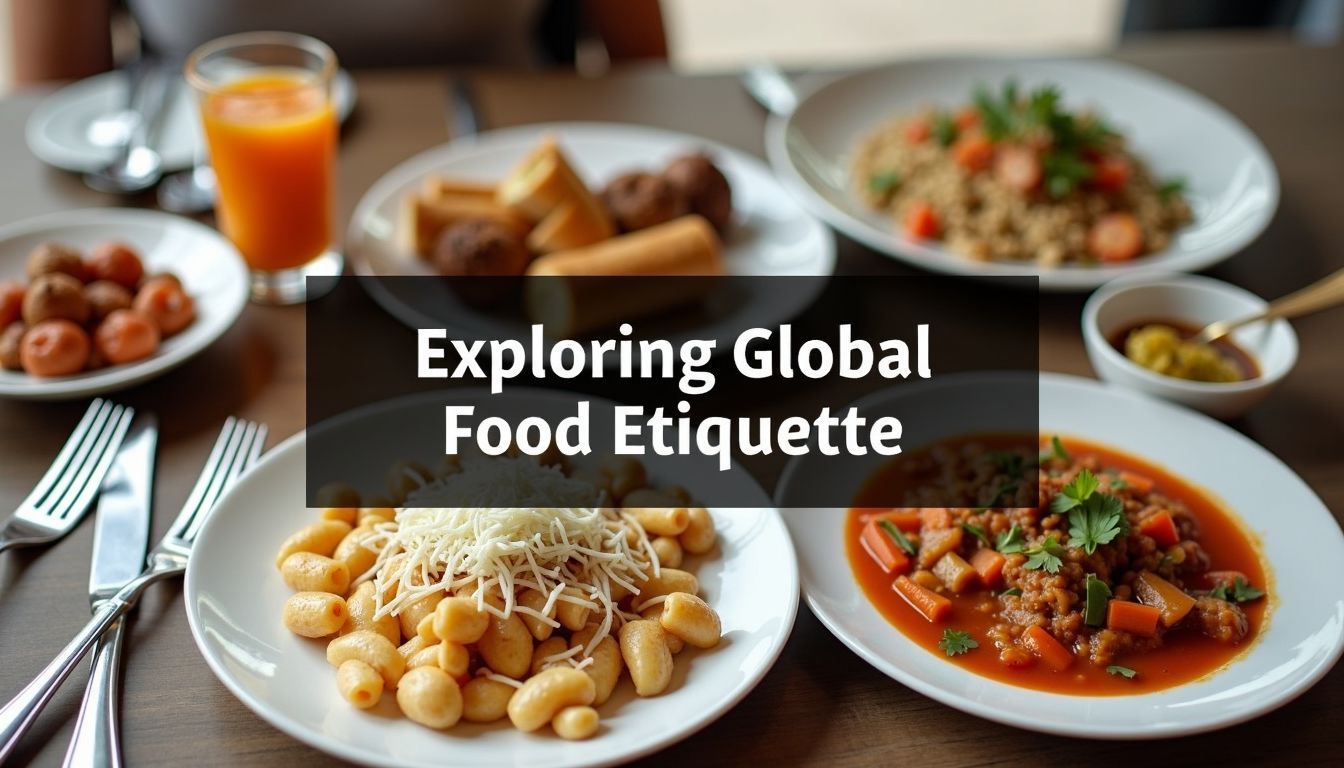
In Italy, avoid mixing seafood and cheese in the same dish. In Thailand, it’s customary to use forks for pushing food onto a spoon instead of direct eating. In the Middle East, it’s important to eat exclusively with your right hand.
Italy: Avoid mixing seafood and cheese
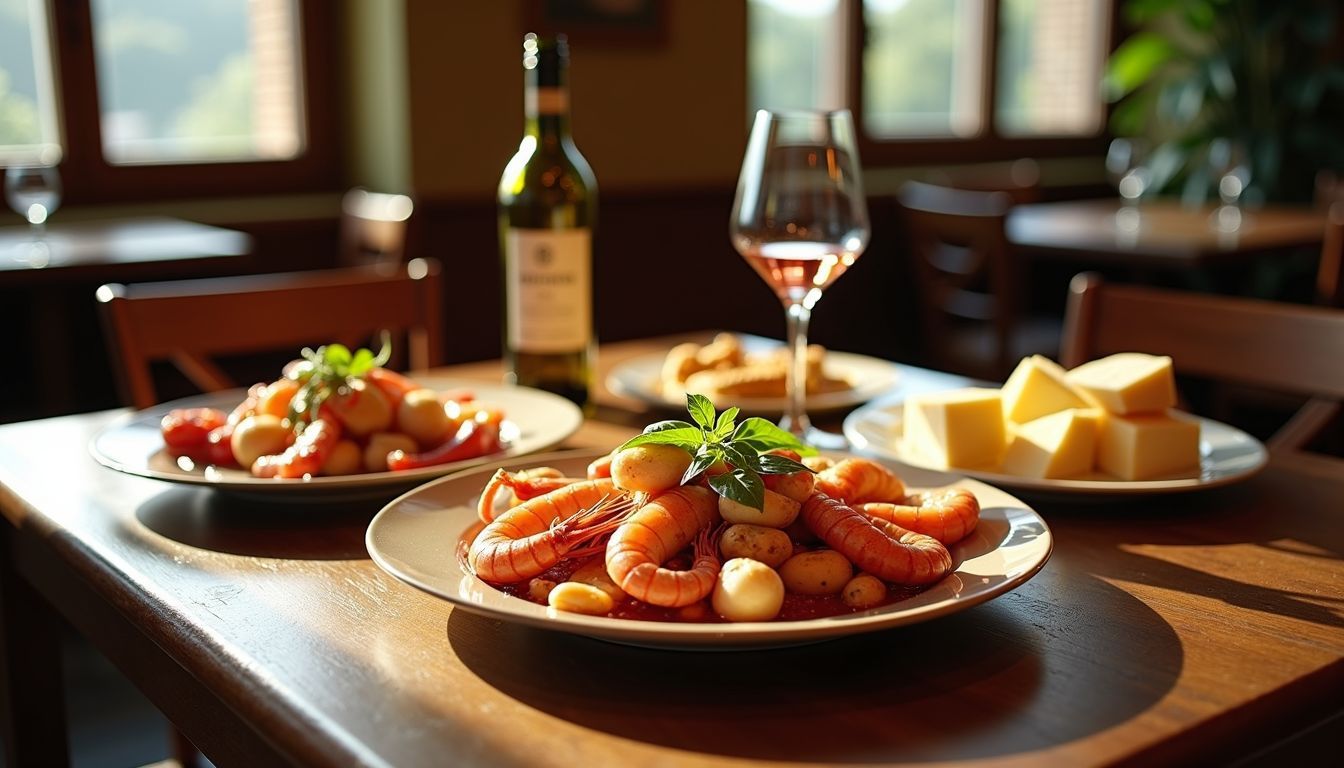
While travelling, I discovered something intriguing. Blending seafood and cheese in Italy is frowned upon. It may appear odd as I appreciate both. Yet, for Italians, these tastes simply don’t complement one another.
This guideline took me aback during my meal at a traditional Italian eatery.
Investigating local traditions like avoiding the combination of seafood with cheese in Italian cuisine broadens my perspective on the distinctive customs globally.
This guidance is rooted in authentic encounters. I garnered it through engaging with chefs and locals who possess profound knowledge of their culinary arts. Hence, the next time you indulge in Italian gastronomy, keep this guideline in mind.
Maintain a distinction between seafood and cheese to honour their culinary norms.
Thailand: The fork is not for direct eating
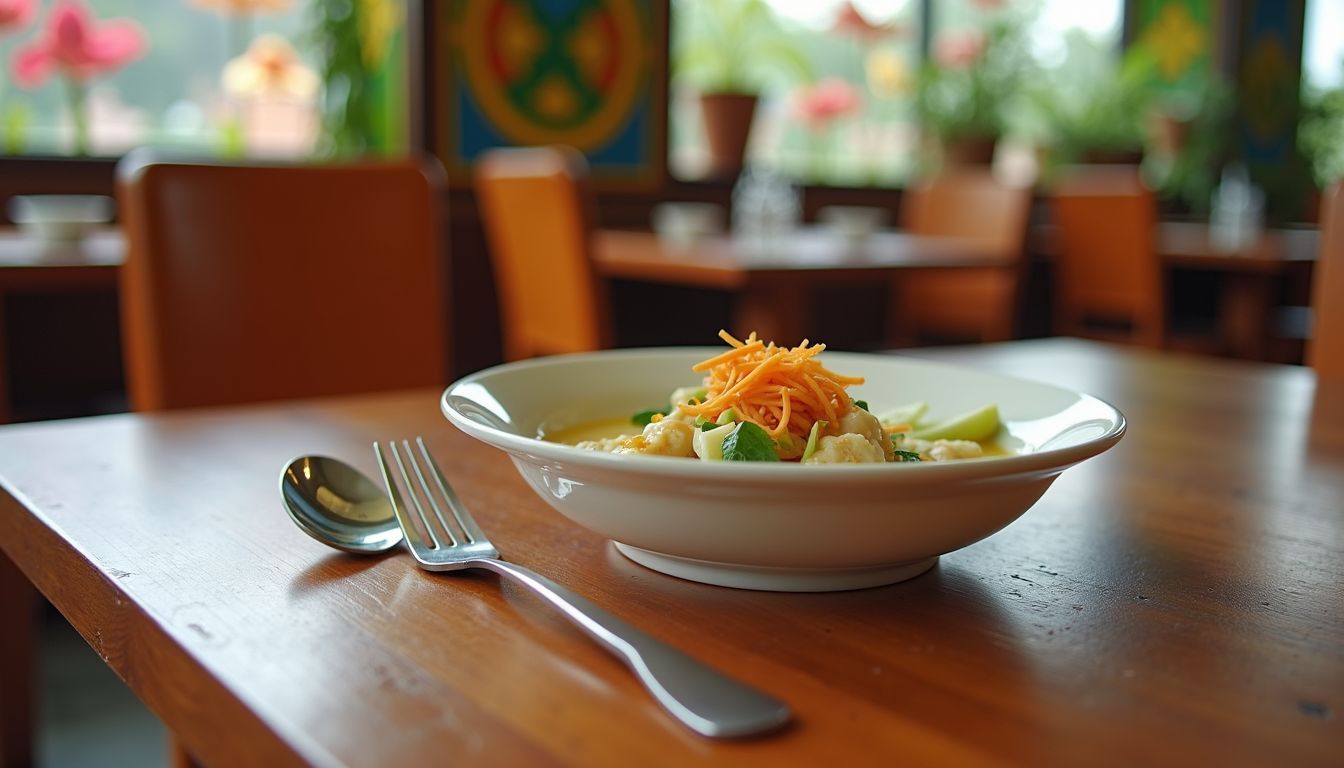
In Thailand, the fork has a special role. It’s not for putting food directly into your mouth. Instead, Thais use it to push food onto their spoon. This way of eating was new to me during my visit.
Thai restaurants are great places to see this in action. I learned quickly that following local customs like this makes meals more enjoyable.
Eating with locals showed me how important these rules are. They respect their culture and appreciate when visitors do the same. Now, let’s move on to how Middle East dining customs differ from those in Thailand and elsewhere.
Middle East: Eat exclusively with your right hand
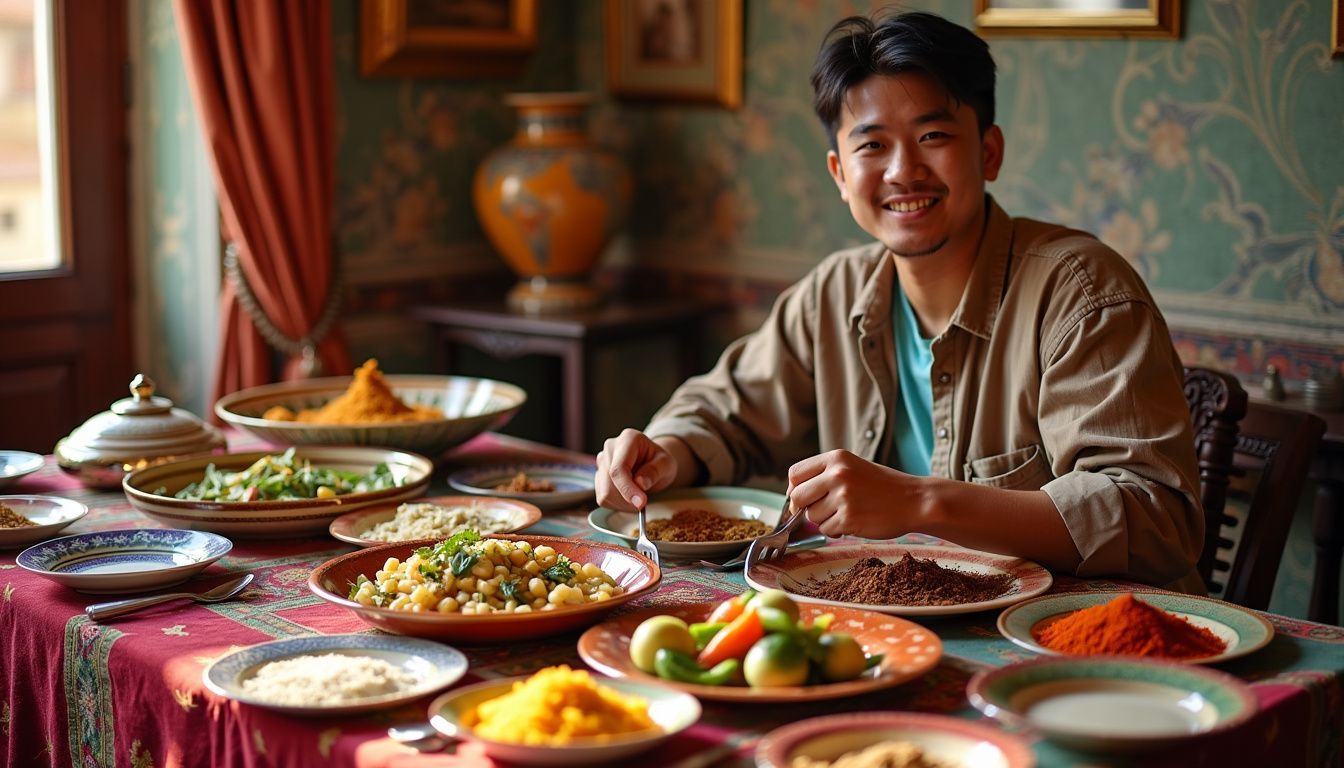
In the Middle East, a unique dining principle prevails. This necessitates eating exclusively with your right hand. This custom is deeply ingrained in their cultural and traditional practices, advocating respect and cleanliness at the dining table.
So, if you’re indulging in a bowl of delectable Middle Eastern dishes or relishing street food, bear in mind to employ your right hand.
This principle made me more conscious of the varying perspectives on dining etiquette across cultures. During my journeys, I always strive to abide by local practices like this one.
It enriches the experience and averts unintentional disrespect. Initially, eating solely with my right hand was challenging, but it soon became second nature as I relished meals across a range of Middle Eastern nations.
Significance of Respecting Food Etiquette Globally
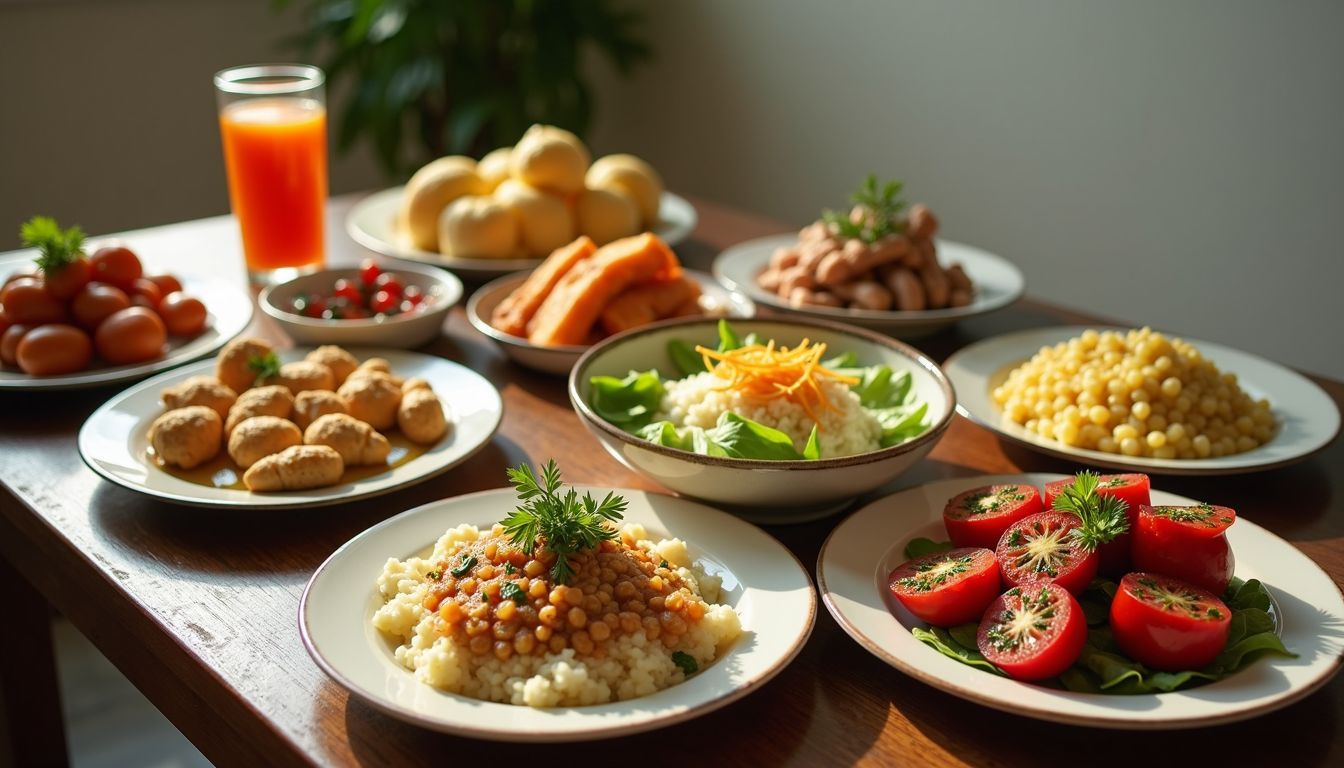
Understanding and respecting food etiquette globally is essential for fostering cultural appreciation in our diverse world. It helps prevent unintentional disrespect and enhances the travel experience by promoting meaningful interactions with local traditions and customs.
Enhances cultural appreciation
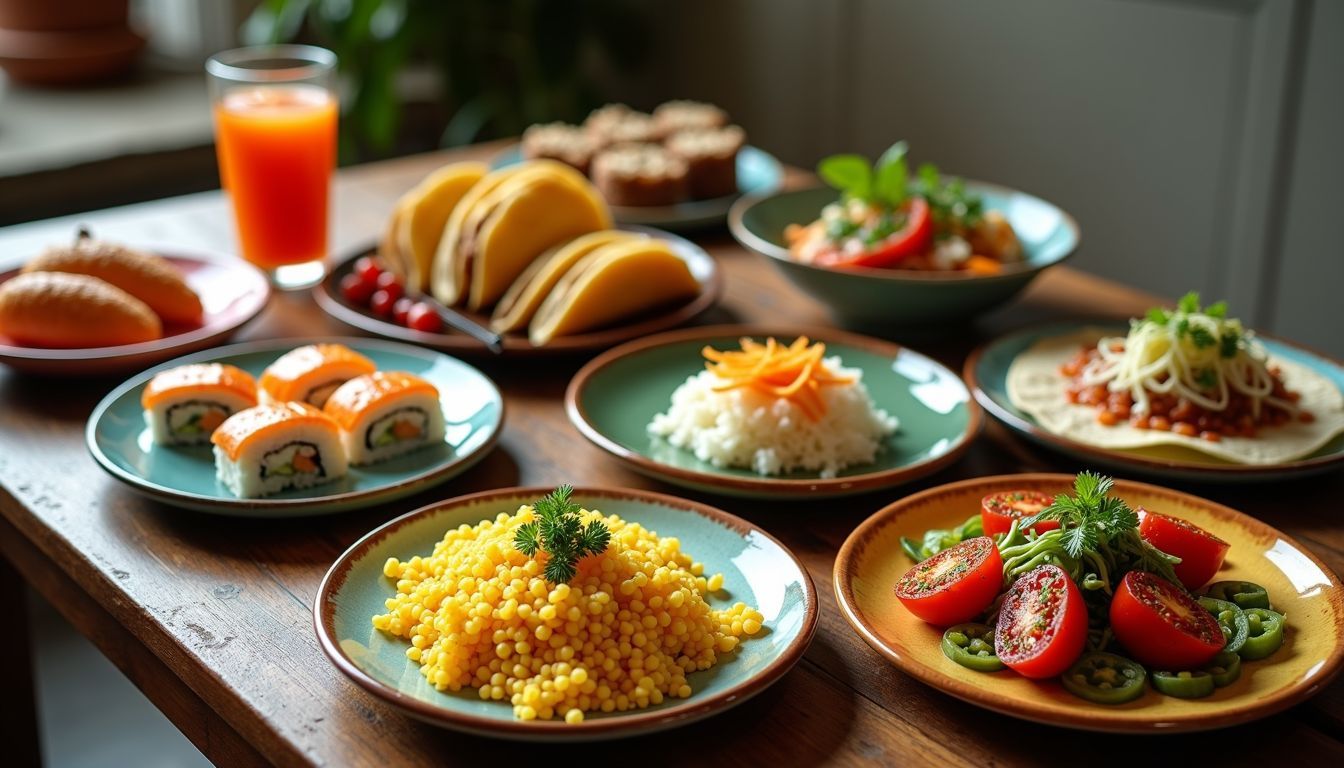 Respecting food etiquette around the world makes us enjoy different cultures more. I’ve seen how trying a local dish the way it’s meant to be eaten draws smiles from hosts. It shows we value their traditions.
Respecting food etiquette around the world makes us enjoy different cultures more. I’ve seen how trying a local dish the way it’s meant to be eaten draws smiles from hosts. It shows we value their traditions.
In Italy, not adding cheese to seafood dishes made me appreciate Italian food in its true form. This simple act brought me closer to understanding the deep love Italians have for their culinary heritage.
Eating with my right hand in the Middle East was a new experience for me. At first, it felt odd, but soon I saw how this practice is rooted in tradition and respect. It was more than just eating; it was like stepping into someone’s life and seeing the world through their eyes.
Food is our common ground, a universal experience.
Prevents unintended disrespect

Learning about cultural food traditions boosts our respect for them. This also stops us from accidentally being rude. I’ve seen how certain actions, like using the wrong hand in the Middle East or mixing foods wrongly in Italy, can upset locals.
My goal at SurelyAsk.com is to share these insights. This way, we all show respect and enjoy meals without offending anyone.
I always tell my readers to learn basic table manners before visiting a new place. For example, not using a fork directly in Thailand is important to know. It’s not just about following rules; it’s about connecting with people through their food customs.
By doing this, we avoid making mistakes that could seem disrespectful.
Practical Tips for Adhering to Food Etiquette Abroad
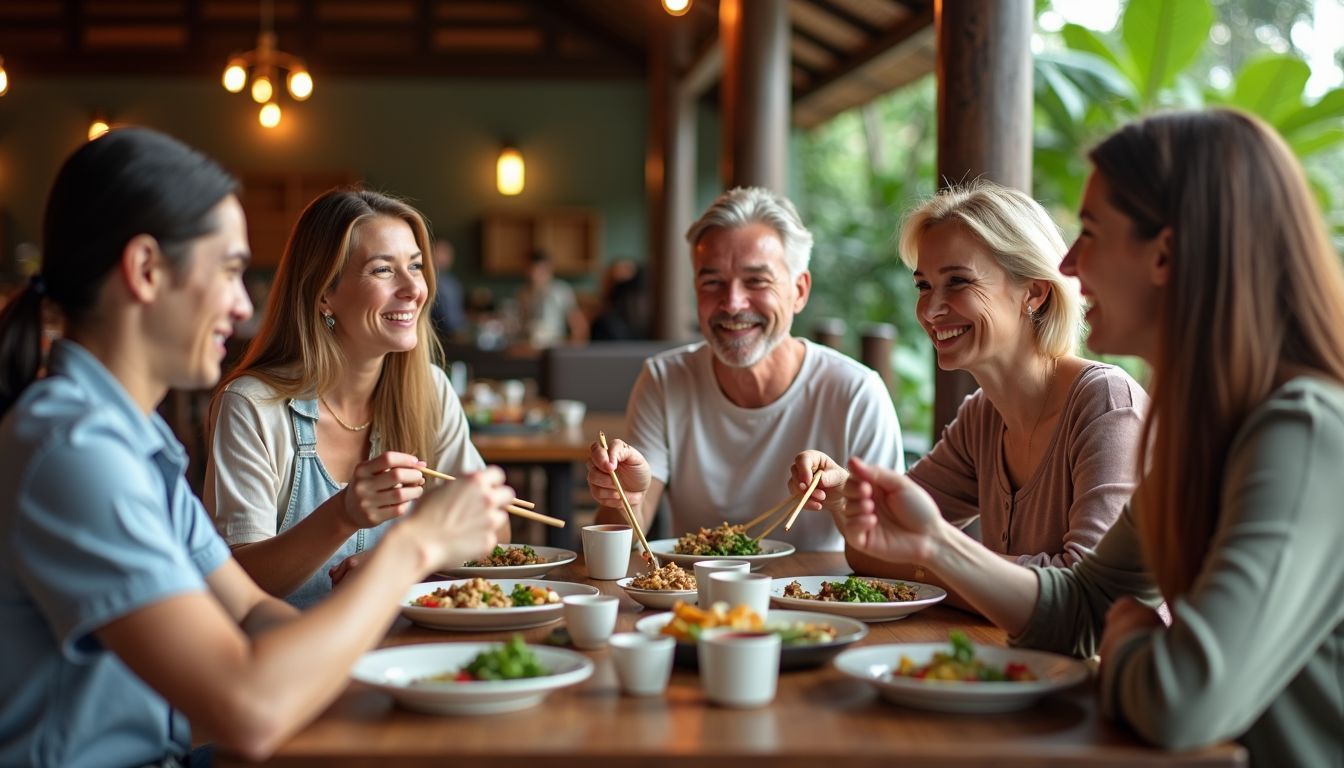
To avoid unintended disrespect when dining abroad, it is essential to observe and ask about local food customs. Learning basic etiquette before visiting can prevent awkward situations and enhance your cultural experience.
By being aware of unusual rules such as not using a fork for direct eating in Thailand or avoiding mixing seafood with cheese in Italy, you can show respect for local culinary traditions.
Observing and asking when unsure
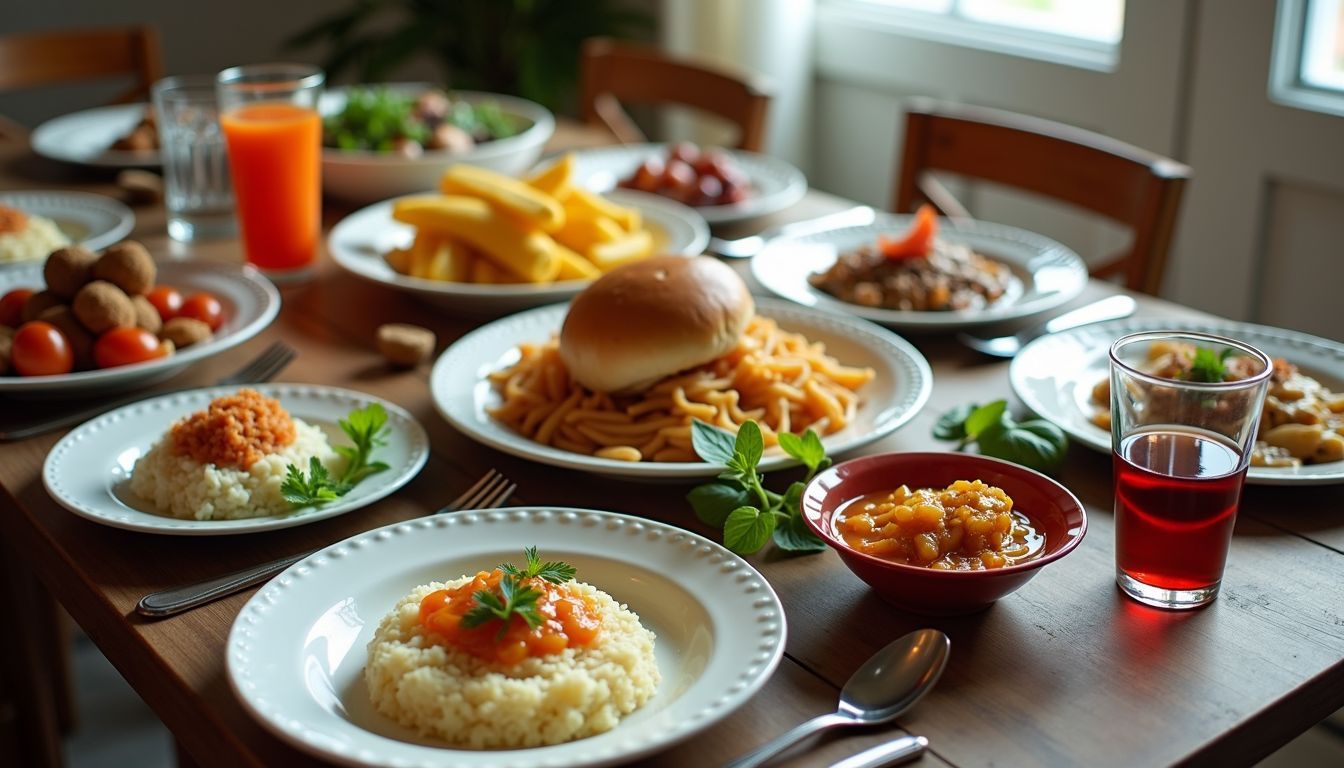
I always observe and inquire when I’m uncertain about dining practices overseas. This tactic has prevented me from numerous uncomfortable situations! For instance, before using a fork in Thailand to transport food to my mouth, I discovered it’s more respectful to use it to nudge food onto a spoon.
Such uncomplicated actions can communicate respect and earn appreciation.
Absorbing knowledge from locals is crucial. I form a routine to converse with waitstaff or even other customers if a certain item on the table bewilder me. Once, in the Middle East, an individual guided me to eat with my right hand solely.
It was a priceless piece of advice that assisted me to fit in and savour meals without appearing uninformed. Interacting with individuals augments your grasp of food traditions and significantly enriches your travel experience.
Learning basic rules before visiting
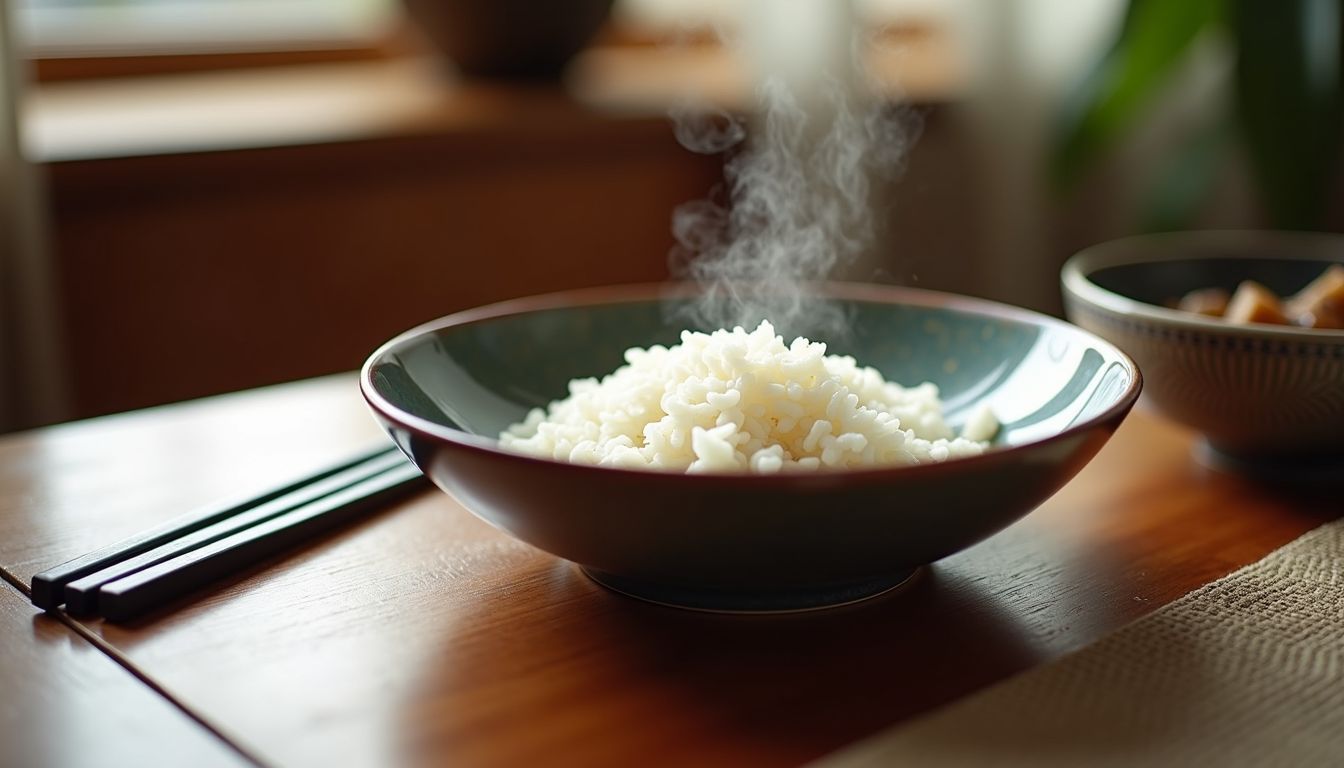
Before I jet off to a new place, I make sure to learn about local dining habits. It saves me from awkward moments and shows respect. For example, in China, understanding Chinese culinary traditions is key.
Knowing how to use chopsticks properly can enhance your experience with authentic Chinese food. Also, it’s polite not to stick them upright in your rice bowl.
I often use social media platforms to pick up tips on restaurant etiquette abroad. These places are full of insights from fellow travelers and food lovers who share their experiences.
This way, I get first-hand advice that’s easy to follow once I’m there. Learning these basic rules makes every meal more enjoyable and stress-free.
Conclusion

Exploring food etiquette around the world is captivating. It opens our eyes to diverse customs and traditions related to dining. Honouring these practices deepens cultural understanding and makes our travel experiences richer.
Bearing in mind to adhere to local food etiquette adds a layer of authenticity to our culinary adventures.
FAQs
1. What is the significance of exploring global food etiquette?
Exploring global food etiquette, such as Chinese dining and Cantonese cuisine, gives us a deeper understanding of different cultures. It also helps in appreciating the diversity and richness found in various culinary traditions around the world.
2. How does understanding food etiquette relate to marketing campaigns?
Understanding cultural nuances like food etiquette can help brands tailor their marketing campaigns effectively. By respecting practices like Chinese dining customs in their ads, they can connect better with their target audience and enhance brand recognition.
3. Can servers play a role in promoting cultural awareness through food?
Absolutely! A knowledgeable server can guide patrons through unfamiliar dishes or customs related to Cantonese cuisine for instance, enhancing the overall dining experience while promoting cultural exchange.
4. How do third-party cookies impact my exploration of global food etiquette online?
Third-party cookies track your browsing habits, including your interest in topics like global food etiquettes or specific cuisines. This information is often used by companies to personalise ads you see online which could introduce you to new aspects of culinary culture.